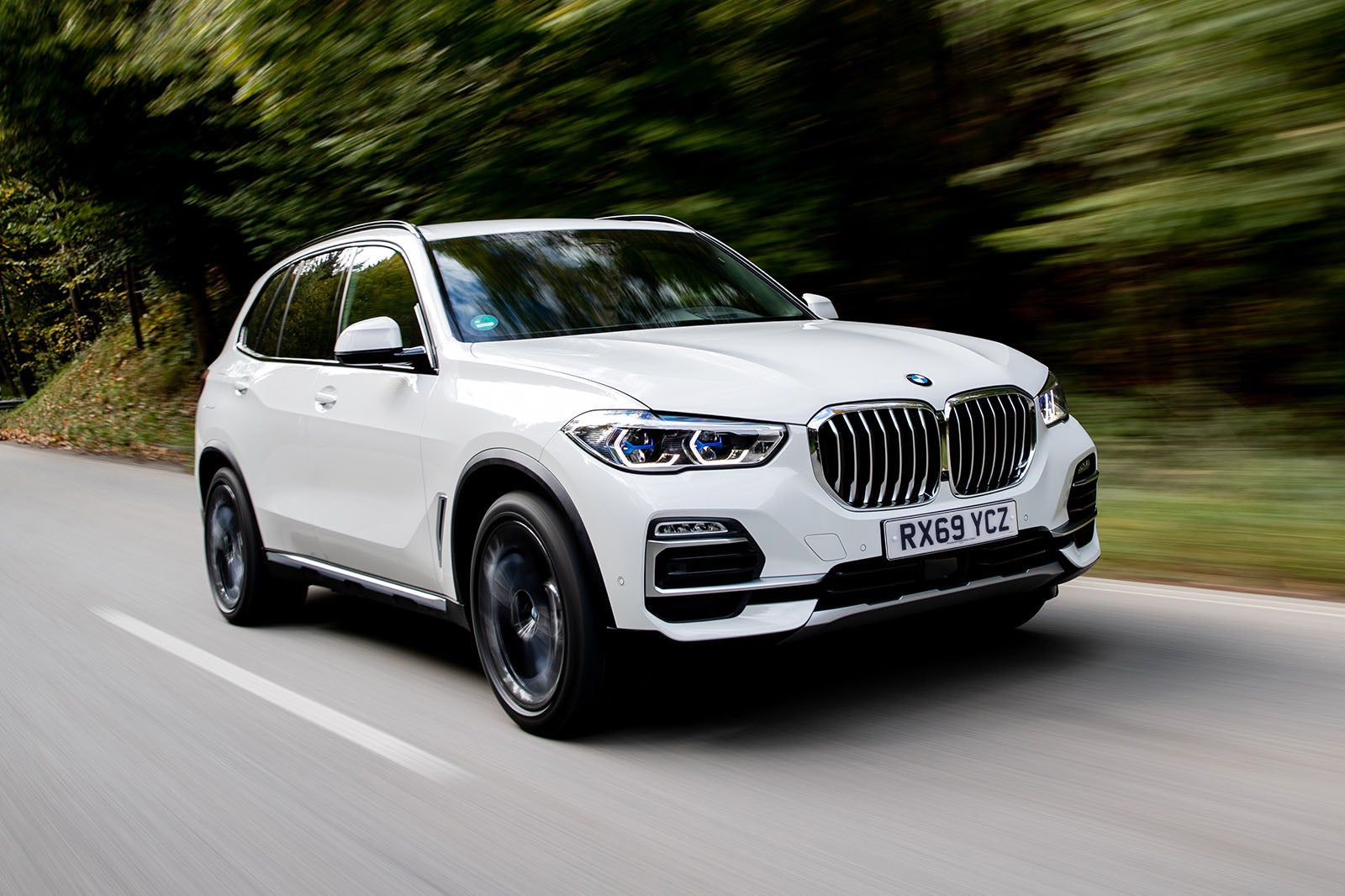
Several popular plug-in hybrid cars (PHEVS) are 61% less fuel-efficient on average than manufacturers claim, a new study by Which? has revealed, hiking up consumer fuel costs by roughly £400 a year.
The independent lab fuel economy tests by the consumer choice firm revealed that the average fuel economy for the 22 models fell far below the official manufacturer claims, when accounting for 9,000 miles per year.
Based on the difference between manufacturer claims and the independent tests, the PHEVs with the greatest discrepancy were the BMW X5 Plug-in hybrid luxury SUV, the BMW 2 Series Active Tourer MPV and Mercedes Benz GLE Plug-in hybrid.
In the face of concerns regarding range, inadequate charging infrastructure, and premium price tags, many carbon conscious individuals have opted for PHEVs as a stepping-stone in their transition to fully electric vehicle (EV).
Natalie Hitchins, head of home products and services at Which?, commented: “A fuel-efficient plug-in hybrid vehicle is an attractive feature for prospective buyers, as many will expect to spend less on fuel and reduce their carbon footprint.
“Yet our research shows many popular hybrid models are not as efficient as the manufacturer’s claim, which means motorists could be spending more on fuel than they anticipated.”
How well do you really know your competitors?
Access the most comprehensive Company Profiles on the market, powered by GlobalData. Save hours of research. Gain competitive edge.

Thank you!
Your download email will arrive shortly
Not ready to buy yet? Download a free sample
We are confident about the unique quality of our Company Profiles. However, we want you to make the most beneficial decision for your business, so we offer a free sample that you can download by submitting the below form
By GlobalDataFuel economy claims from manufacturers are based on the WLTP test cycle, which has been the official standard since 2017, when it replaced the NEDC test cycle as a more realistic representation of driving conditions.
According to Which?, the independent tests which revealed the disparity are more stringent and tougher than those provided in the WLTP, more accurately reflecting the strain put on cars in real life.
Up to the test
Responding to the findings, Mercedes Benz argued: “We cannot comment on your results without understanding the methodology of your test – given the many factors and scenarios that can affect mpg. Official WLTP testing is performed in repeatable conditions and certified by government agencies – so Mercedes-Benz customers can be assured they provide accurate and comparable results.”
However, Which? reassures customers that the independent tests are reliable, with each car subjected to hundreds of individuals assessments covering multiple bases. The tests are conducted by independent experts and are void of bias or favour.
Hitchins continued: “It is clear that the standard set for calculating fuel efficiency rates is flawed and should be reviewed to reflect real-life driving conditions. This would ensure manufacturers advertise more accurate rates and consumers have an accurate understanding of how much they should expect to spend on fuel.”
Mike Hawes, CEO at the Society of Motor Manufacturers and Traders, supported the manufacturers: “By law, manufacturers are required to test all vehicles of all technologies to the same, repeatable standard – the WLTP Test, which is independently verified by government authorities and it is these results – and only these results – that manufacturers are required by law to publish within any advertising communications.
“There will, however, always be a difference between lab tests and real-world use. Fuel use will vary greatly depending on the type of journey made, the conditions, driving style, load and other factors which is why the WLTP test is a standardised test designed to overcome these variables and provide consumers with accurate and comparable results across all vehicles.”
Hawes concluded: “The WLTP tests consistently demonstrate that plug-in hybrids (PHEVs) offer comparable range to pure petrol or diesel equivalents but deliver substantial emission reductions, with zero emission range typically 25-40 miles, which is more than ample given that 94% of UK car journeys are less than 25 miles. PHEV range and performance will continue to improve meaning that, for many drivers, they are the essential stepping-stone to a fully electric vehicle.”







